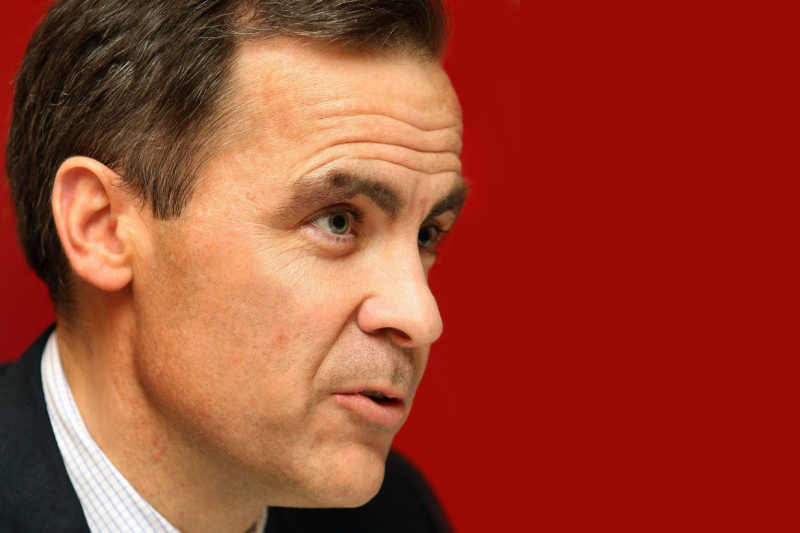Investing.com’s stocks of the week
Investing.com - Bank of England Governor Mark Carney defended the bank’s new policy of forward guidance on Tuesday, during testimony on the bank’s quarterly inflation outlook to parliament's Treasury Committee.
Carney responded to criticism that forward guidance on interest rates had created confusion, saying it gives market participants a view of the conditions that the bank needs to see before considering rate hikes.
"What the guidance is doing is giving businesses, households, financial market participants, parliamentarians perspective on the conditions that are necessary to exist in the economy before the Monetary Policy Committee would consider adjusting monetary policy, tightening monetary policy - in shorthand, raising interest rates," Carney said.
He suggested that financial markets have not priced in an earlier interest rate hike in a way that they would have done if the BoE had not introduced forward guidance in August.
Carney welcomed the fall in the U.K. unemployment rate to 7.6% in the third quarter, but reiterated that the bank’s 7% target for unemployment was a threshold at which the bank would consider raising interest rates and not an automatic trigger.
"The exact timing of when that 7% threshold will be achieved is subject to uncertainty. We do our best to give our estimates of that uncertainty... One month's unemployment figures does not have a material change on those likelihoods," he said.
The governor also said Chancellor George Osborne had asked the BoE’s Financial Policy Committee to review whether it needs more powers to regulate the amount of capital banks must hold in relation to total assets, the so-called leverage ratio.
Carney told the Treasury committee that he expected the FPC's review to take approximately one year and hoped that new powers would be granted "quickly thereafter".
He also said recent allegations that the Royal Bank of Scotland deliberately forced small firms to the wall were “shocking” and should be "tracked down to the full extent of the law".
Carney responded to criticism that forward guidance on interest rates had created confusion, saying it gives market participants a view of the conditions that the bank needs to see before considering rate hikes.
"What the guidance is doing is giving businesses, households, financial market participants, parliamentarians perspective on the conditions that are necessary to exist in the economy before the Monetary Policy Committee would consider adjusting monetary policy, tightening monetary policy - in shorthand, raising interest rates," Carney said.
He suggested that financial markets have not priced in an earlier interest rate hike in a way that they would have done if the BoE had not introduced forward guidance in August.
Carney welcomed the fall in the U.K. unemployment rate to 7.6% in the third quarter, but reiterated that the bank’s 7% target for unemployment was a threshold at which the bank would consider raising interest rates and not an automatic trigger.
"The exact timing of when that 7% threshold will be achieved is subject to uncertainty. We do our best to give our estimates of that uncertainty... One month's unemployment figures does not have a material change on those likelihoods," he said.
The governor also said Chancellor George Osborne had asked the BoE’s Financial Policy Committee to review whether it needs more powers to regulate the amount of capital banks must hold in relation to total assets, the so-called leverage ratio.
Carney told the Treasury committee that he expected the FPC's review to take approximately one year and hoped that new powers would be granted "quickly thereafter".
He also said recent allegations that the Royal Bank of Scotland deliberately forced small firms to the wall were “shocking” and should be "tracked down to the full extent of the law".
